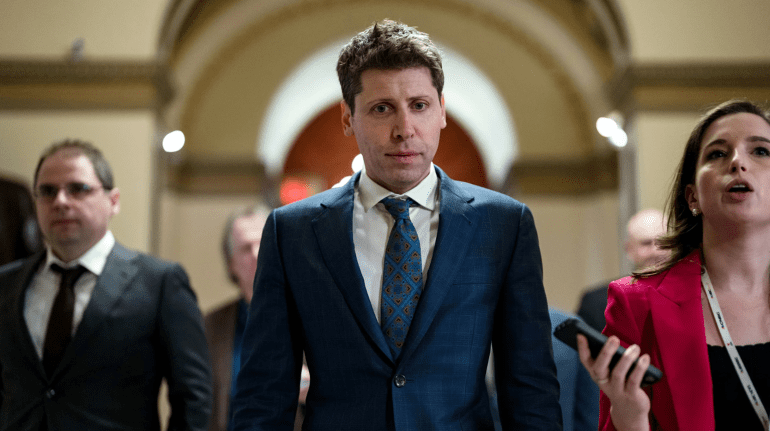- US senators have demanded OpenAI provide detailed information on AI safety efforts following allegations of rushed safety testing for GPT-4 Omni.
- Concerns have been raised about employee agreements potentially silencing staff from reporting safety issues.
- The senators have asked OpenAI CEO Sam Altman to outline how the company will adhere to its safety commitments and address public safety concerns.
- The letter highlights discrepancies between OpenAI’s public safety pledges and internal practices.
- OpenAI has defended its safety protocols, asserting that its commitment to AI safety will be fulfilled over multiple years.
- Requests include allowing independent expert assessments and predeployment testing of future AI models by government agencies.
- The debate reflects broader legislative challenges and the need for robust oversight as Congress considers new AI regulations.
Main AI News:
In a notable move on Monday, US senators have called on OpenAI to provide detailed information regarding its efforts to ensure the safety and security of its artificial intelligence systems. This demand follows employee allegations, reported earlier this month by The Washington Post, that the company hastened the safety-testing phase of its latest AI model, GPT-4 Omni, to meet a predetermined release date in May. The senators, led by Sen. Brian Schatz (D-Hawaii), have formally requested OpenAI CEO Sam Altman to clarify how the company intends to uphold its public commitments to prevent AI misuse, such as facilitating the creation of bioweapons or aiding hackers in developing sophisticated cyberattacks.
The letter, which includes input from both Democratic and independent senators, also seeks details on employee agreements that may have restricted staff from reporting safety concerns to federal regulators. OpenAI whistleblowers have previously claimed that the company issued restrictive severance and nondisclosure agreements that potentially penalized workers who attempted to raise issues about the company’s practices with the Securities and Exchange Commission.
This scrutiny comes amid growing concerns that OpenAI may be prioritizing financial gains over the thorough testing and safety of its AI technologies. The senators’ letter references a July Washington Post report that criticized OpenAI for rushing the launch of GPT-4 Omni despite internal warnings about the compressed timeline. This report stands in stark contrast to a safety pledge made to the White House in July 2023, underscoring the disparity between the company’s public assurances and its internal actions.
The senators emphasized the critical need for transparency and trust in OpenAI’s safety measures, governance structure, and cybersecurity protocols. They have demanded that the company provide a detailed response by August 13, including documentation on its adherence to safety promises and any changes to its employee agreements that may impact whistleblowers.
OpenAI has defended its practices, with spokesperson Liz Bourgeois asserting that the company did not cut corners on safety despite the pressures of the launch. Bourgeois reaffirmed OpenAI’s commitment to developing secure AI systems and working with policymakers to establish effective safeguards. She also clarified that the company’s pledge to allocate 20 percent of its computing resources to AI safety research, announced last July, was intended to be spread over several years and not confined to a single safety team.
In addition to the documentation request, the senators have asked OpenAI to allow independent experts to assess the safety and security of its AI systems before their release. They have also requested that the next foundational AI model be made available for predeployment testing by government agencies. The letter further calls for OpenAI to outline any observed misuse or safety risks associated with its recent large language models.
Stephen Kohn, a lawyer representing OpenAI whistleblowers, has criticized the senators’ requests as insufficient in addressing the potential chilling effect on employees. He emphasized the need for Congress to conduct hearings and investigations to ensure meaningful oversight of AI practices. As legislative attention shifts toward the 2024 elections, the debate over AI safety and regulation continues, with the Biden administration relying on voluntary industry commitments and an executive order mandating transparency in AI testing.
Conclusion:
The senators’ demand for detailed information on OpenAI’s AI safety measures underscores a growing concern about the rapid development of artificial intelligence and its potential risks. This scrutiny reflects broader market anxieties about the balance between innovation and safety. As regulatory pressures increase, companies in the AI sector may face heightened demands for transparency and accountability. The ongoing debate could influence legislative approaches to AI regulation, potentially impacting investment and development strategies within the industry.

